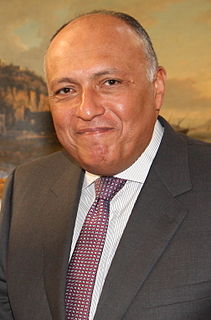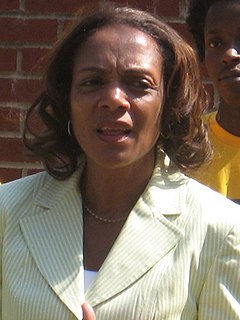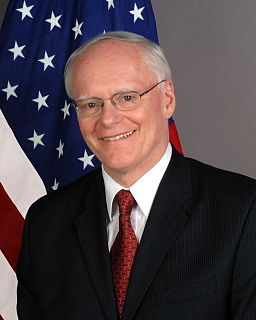A Quote by Sameh Shoukry
We look forward, from what we heard from President-elect Trump, a clear vision related to the conditions and the challenges in the Middle East. And there's a great deal of parallelity in that vision related to how we can eradicate terrorism, how we can regain stability in the region.
Related Quotes
President-elect Trump has the vision. And what Mike Pence brings to the table as vice president-elect is somebody who knows Capitol Hill. So he can take Donald Trump's vision, help translate that into actual policy, legislative language, bill text, working through the process so that it ends up back on Donald Trump's desk so that he can sign it into law.
President-elect Donald Trump has a host of national security challenges to deal with as he assumes office, from the resurgence of the Taliban in Afghanistan to the grinding Syrian civil war to the flexing of Russian muscles under President Vladimir Putin to how to deal with ISIS as the terrorist army retreats in Iraq.
A surprise to others, but not to me, since I've watched this closely for eight years now, is how George W. Bush has internalized the founders' belief that all human beings are endowed by their Creator with a certain inherent yearning for freedom. In turn, Bush has applied this to his vision for the Middle East, believing that a democratic transformation in that region is possible, given that inherent desire for liberty within all hearts, including the hearts of Arab Muslims. People disagree with that, which is fine, but that's the Bush vision.
It goes without saying that the stability of the Middle East is the foundation for peace and prosperity for the world, and of course for Japan. Should we leave terrorism or weapons of mass destruction to spread in this region, the loss imparted upon the international community would be immeasurable.







































